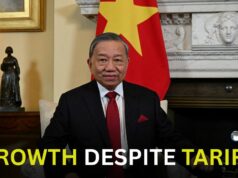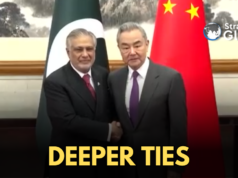Eight years ago, India rolled out its biggest ever tax reform: the Goods and Services Tax. This marquee tax reform collapsed 36 tax jurisdictions and subsumed 17 to productionise the idea of ‘One Nation, One Tax’. As a result, tor the first time, the country was economically unified.
But the journey since, has been anything but smooth. Creeping acquisition of control by ‘baburaj’ and the consequent introduction of complexity and compliance headaches, have undermined the initial idea. Political brinksmanship only made a bad idea worse.
Belatedly, India is gearing up for GST 2.0. This reboot promises to rationalise rates, simplify procedures, and enable the soft touch in regulation. In the process it seeks to restore trust with citizens and in the idea of cooperative federalism.
Can GST 2.0 deliver on this huge ask? To unpack the promise, pitfalls and possibilities, StratNewsGlobal.Tech spoke to economist and former Finance Minister of Jammu & Kashmir, Haseeb Drabu. He was also part of the team of FMs who founded GST.
Anil Padmanabhan has been a journalist for the last 36 years. He has worked in various capacities in several publications including Afternoon Despatch & Courier, Press Trust of India, Business Standard, Mint and was based in New York for India Today. He was a Nieman Fellow in 2001. He tweets at @capitalcalculus.




